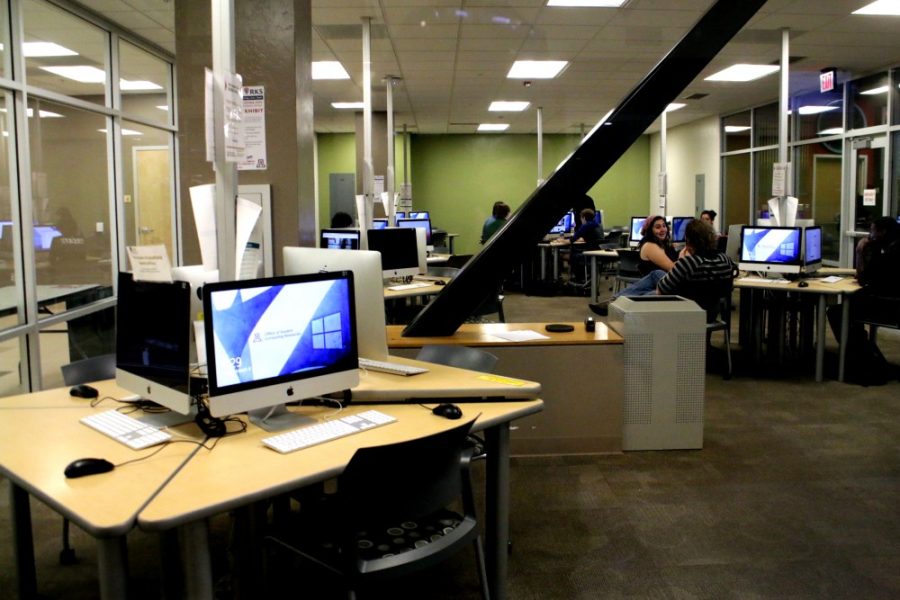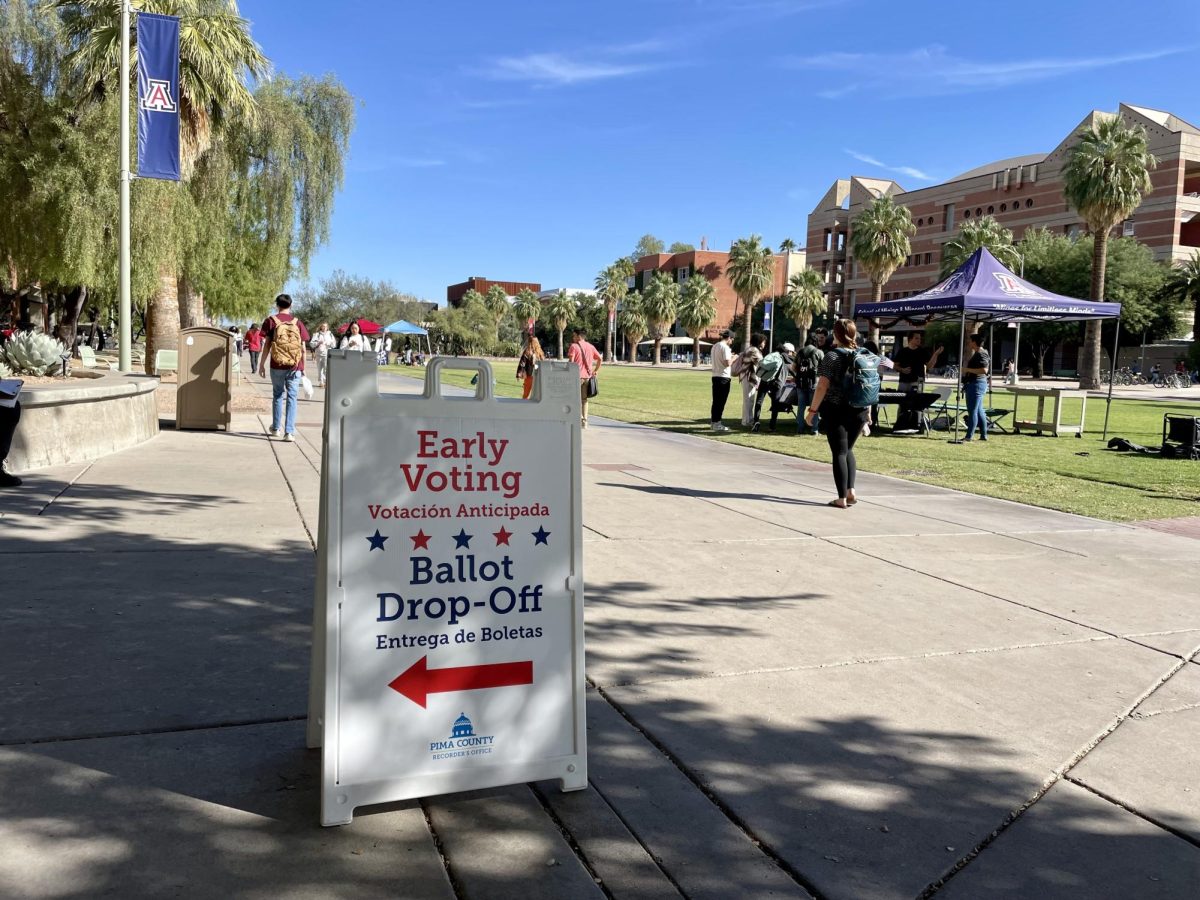The UA has created a Center for Digital Society and Data Studies to address some of the major challenges and disciplinary divides that data have introduced.
With the digital age emerging at an increasingly fast speed, issues with digitizing technology, data capabilities and social media technologies are now being addressed with a new center.
Catherine Brooks, director for the center, said the UA is already doing this sort of work.
“The School of Information at the university is already an interdisciplinary place where thinkers, programmers and scientists explore and address today’s big questions and problems relative to information, analytic tools and today’s societal issues,” Brooks said.
With hopes to tackle challenges in digital and data curating, the center plans to bring together scholars from different disciplines to focus on asking and answering the big questions concerning citizens both in the U.S. and beyond.
Through collaboration, a team of faculty and researchers made sure that the center takes a not-so-digital-first way of thinking.
“The center is determined to make intelligent decisions on what to do next so that we are being driven by what we want to do with culture and not being driven by the technology,” said P. Bryan Heidorn, director of the School of Information.
“Essentially, the Center [for] Digital Society and Data Studies is where culture meets information technology,” Heidorn said. “It’s a mechanism to help us focus on and separate out the social and research issues.”
Although functioning as one unit, the center can be thought of as being in two parts: digital society and data studies.
“Digital society is about our culture, our day-to-day life behaviors as individuals and also in communities,” Brooks said. “Data studies is where we want to focus on data management, data protection and issues of methodology.”
As the amount of data produced by the university increases, the ability to easily manage and access them becomes more of a challenge.
“Universities across the country are grappling with this because the amount of data that is being generated is becoming astronomical,” said Jennifer Barton, interim director of the BIO5 Institute.
Data archives exist in various forms such as text, video, film, imaging used for research and more.
Barton said that finding a way to administrate all these types of data is another challenge researchers are faced with when trying to come up with a solution for archiving data.
“The outstanding development of academic research produced at the UA is something the university has committed to making readily available to people throughout the world through the theories of open data and data sharing,” Barton said.
According to Heidorn, the amount of data being developed, especially from science, led us to a standing that can be referred to as an “information overload.”
For Brooks, being able to ask and answer questions surrounding management of big data versus small data, along with addressing social, political and economical issues under one focus, is what will continue to bring the center together.
Several guest speakers already came to discuss relevant topics of digital concern, but the center’s first public event was held Thursday. The event discussed the current social and digital matter around Apple and the FBI.
To get the Center for Digital Society and Data Studies started, both the College of Social and Behavioral Sciences and the School of Information each put in a few thousand dollars, Heidorn said.
“However, we expect that it’ll become self-sufficient in the long term, finding donors, federal grants and other activities to keep it running,” Heidorn said.
Follow Mackenzie on Twitter









